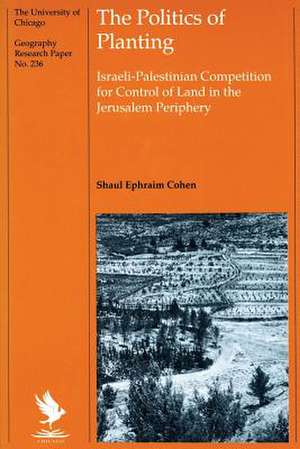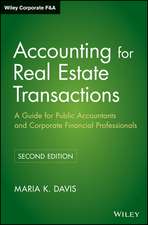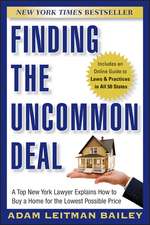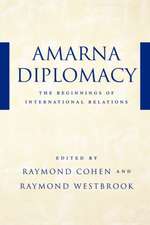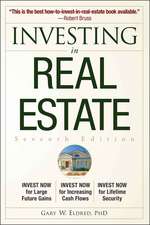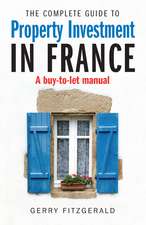The Politics of Planting: Israeli-Palestinian Competition for Control of Land in the Jerusalem Periphery: University of Chicago Geography Research Papers, cartea 236
Autor Shaul Ephraim Cohenen Limba Engleză Paperback – 31 mar 1993
On the open landscape of Israel and the West Bank, where pine and cypress forests grow alongside olive groves, tree planting has become symbolic of conflicting claims to the land. Palestinians cultivate olive groves as a vital agricultural resource, while the Israeli government has made restoration of mixed-growth forests a national priority. Although both sides plant for a variety of purposes, both have used tree planting to assert their presence on—and claim to—disputed land.
Shaul Ephraim Cohen has conducted an unprecedented study of planting in the region and the control of land it signifies. In The Politics of Planting, he provides historical background and examines both the politics behind Israel's afforestation policy its consequences. Focusing on the open land surrounding Jerusalem and four Palestinian villages outside the city, this study offers a new perspective on the conflict over land use in a region where planting has become a political tool.
For the valuable data it presents—collected from field work, previously unpublished documents, and interviews—and the insight it provides into this political struggle, this will be an important book for anyone studying the Israeli-Palestinian conflict.
Shaul Ephraim Cohen has conducted an unprecedented study of planting in the region and the control of land it signifies. In The Politics of Planting, he provides historical background and examines both the politics behind Israel's afforestation policy its consequences. Focusing on the open land surrounding Jerusalem and four Palestinian villages outside the city, this study offers a new perspective on the conflict over land use in a region where planting has become a political tool.
For the valuable data it presents—collected from field work, previously unpublished documents, and interviews—and the insight it provides into this political struggle, this will be an important book for anyone studying the Israeli-Palestinian conflict.
Preț: 313.89 lei
Nou
Puncte Express: 471
Preț estimativ în valută:
60.06€ • 64.23$ • 50.08£
60.06€ • 64.23$ • 50.08£
Carte tipărită la comandă
Livrare economică 17 aprilie-01 mai
Preluare comenzi: 021 569.72.76
Specificații
ISBN-13: 9780226112763
ISBN-10: 0226112764
Pagini: 222
Ilustrații: 6 halftones, 5 maps
Dimensiuni: 152 x 229 x 18 mm
Greutate: 0.32 kg
Ediția:1
Editura: University of Chicago Press
Colecția University of Chicago Press
Seria University of Chicago Geography Research Papers
ISBN-10: 0226112764
Pagini: 222
Ilustrații: 6 halftones, 5 maps
Dimensiuni: 152 x 229 x 18 mm
Greutate: 0.32 kg
Ediția:1
Editura: University of Chicago Press
Colecția University of Chicago Press
Seria University of Chicago Geography Research Papers
Cuprins
List of Figures
Acknowledgments
1. Introduction
2. Land and Trees in Historical Perspective
3. Afforestation in Palestine from the Turn of the Century through 1948
4. Afforestation as a National Enterprise, 1948-1967
5. Jerusalem Divided; Jerusalem United
6. Land Law, Policy, and Practice in the West Bank
7. Jerusalem's Green Belt
8. The Village of Sur Baher
9. Beit Iksa and Beit Surik
10. The Village of Abu Dis
11. An Overview: The Politics of Planting
Bibliography
Index
Acknowledgments
1. Introduction
2. Land and Trees in Historical Perspective
3. Afforestation in Palestine from the Turn of the Century through 1948
4. Afforestation as a National Enterprise, 1948-1967
5. Jerusalem Divided; Jerusalem United
6. Land Law, Policy, and Practice in the West Bank
7. Jerusalem's Green Belt
8. The Village of Sur Baher
9. Beit Iksa and Beit Surik
10. The Village of Abu Dis
11. An Overview: The Politics of Planting
Bibliography
Index
